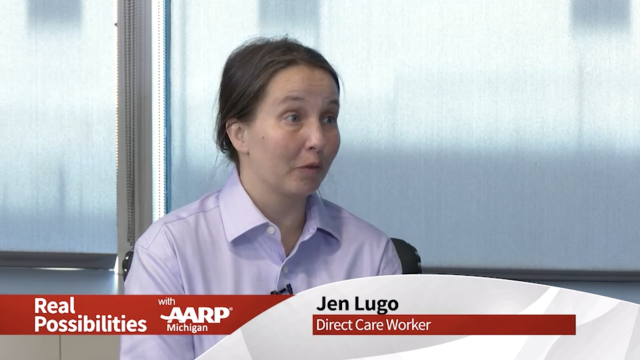Fourth Installation of A Caregiver’s Butterfly Garden Opens at Ishpeming Multi-Purpose Senior Center
The fourth installation of A Caregiver’s Butterfly Garden, a statewide traveling art and advocacy exhibit honoring direct care workers and caregivers, opens February 19 at the Ishpeming Multi-Purpose Senior Center, 121 Greenwood St., in Ishpeming. The exhibit marks the first installation in Michigan’s Upper Peninsula and will remain on view through January 2027.







